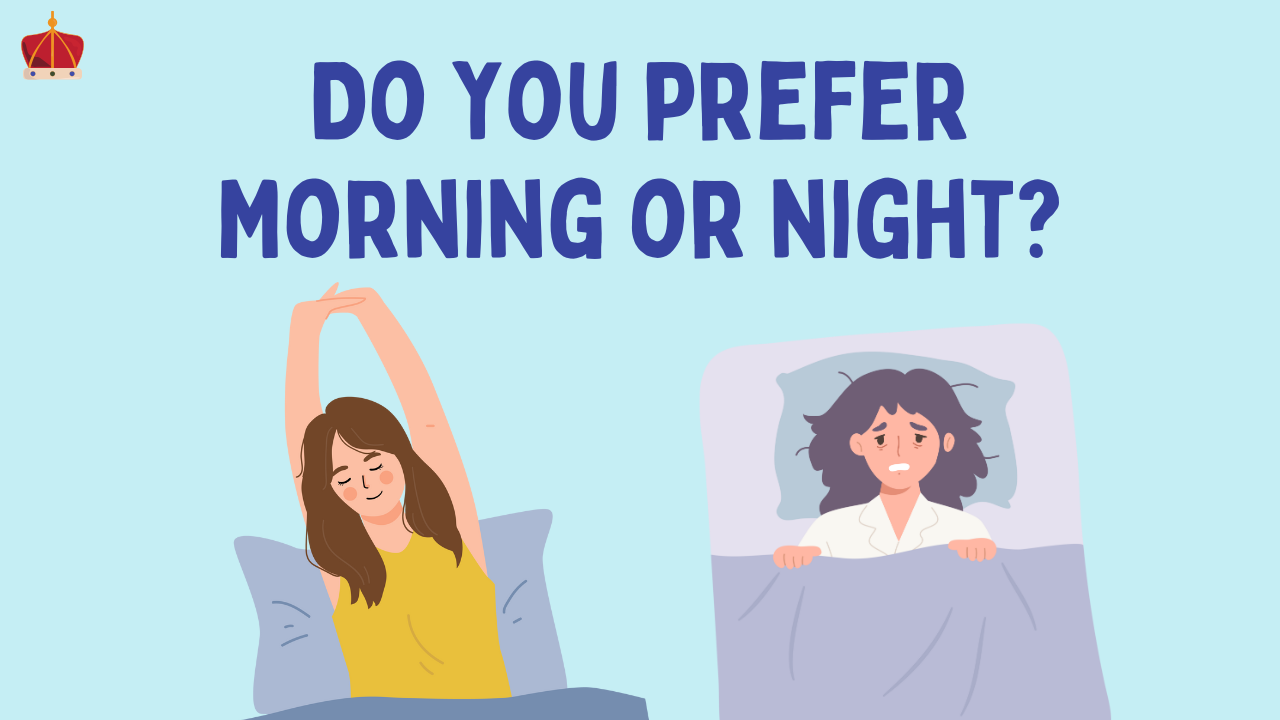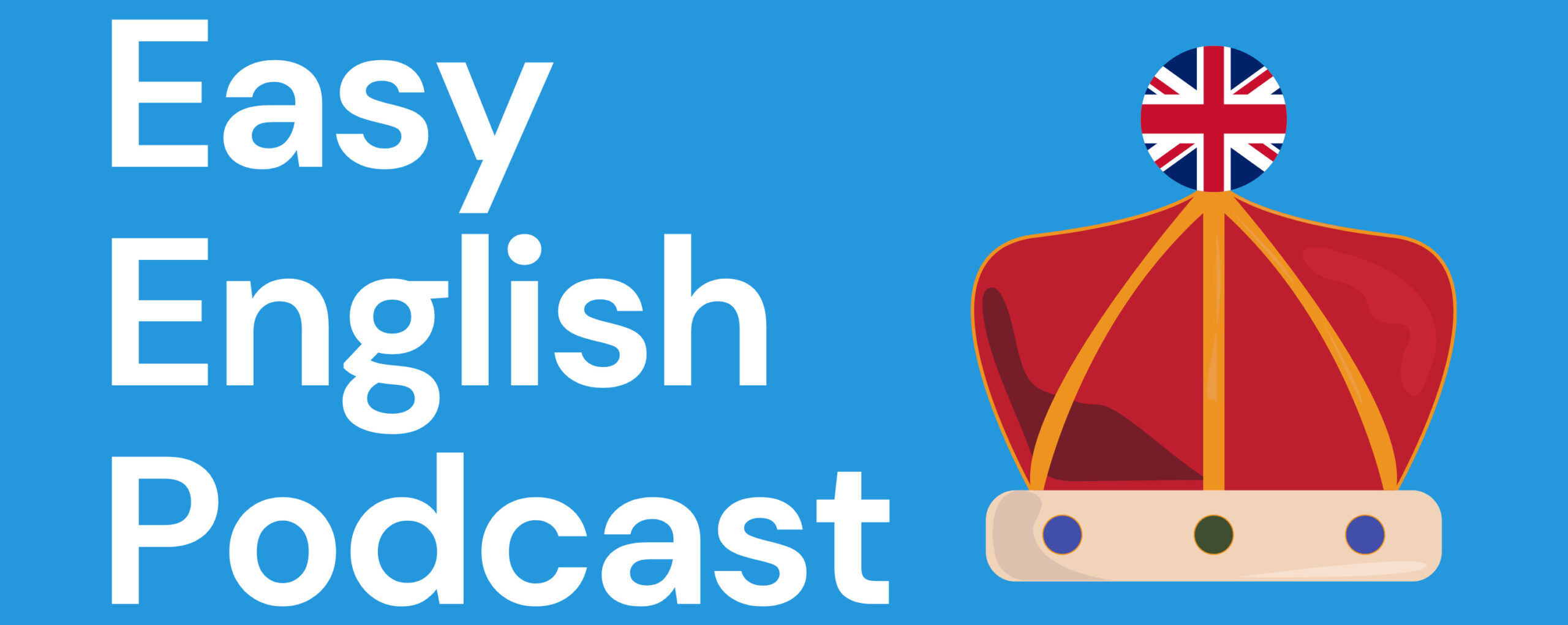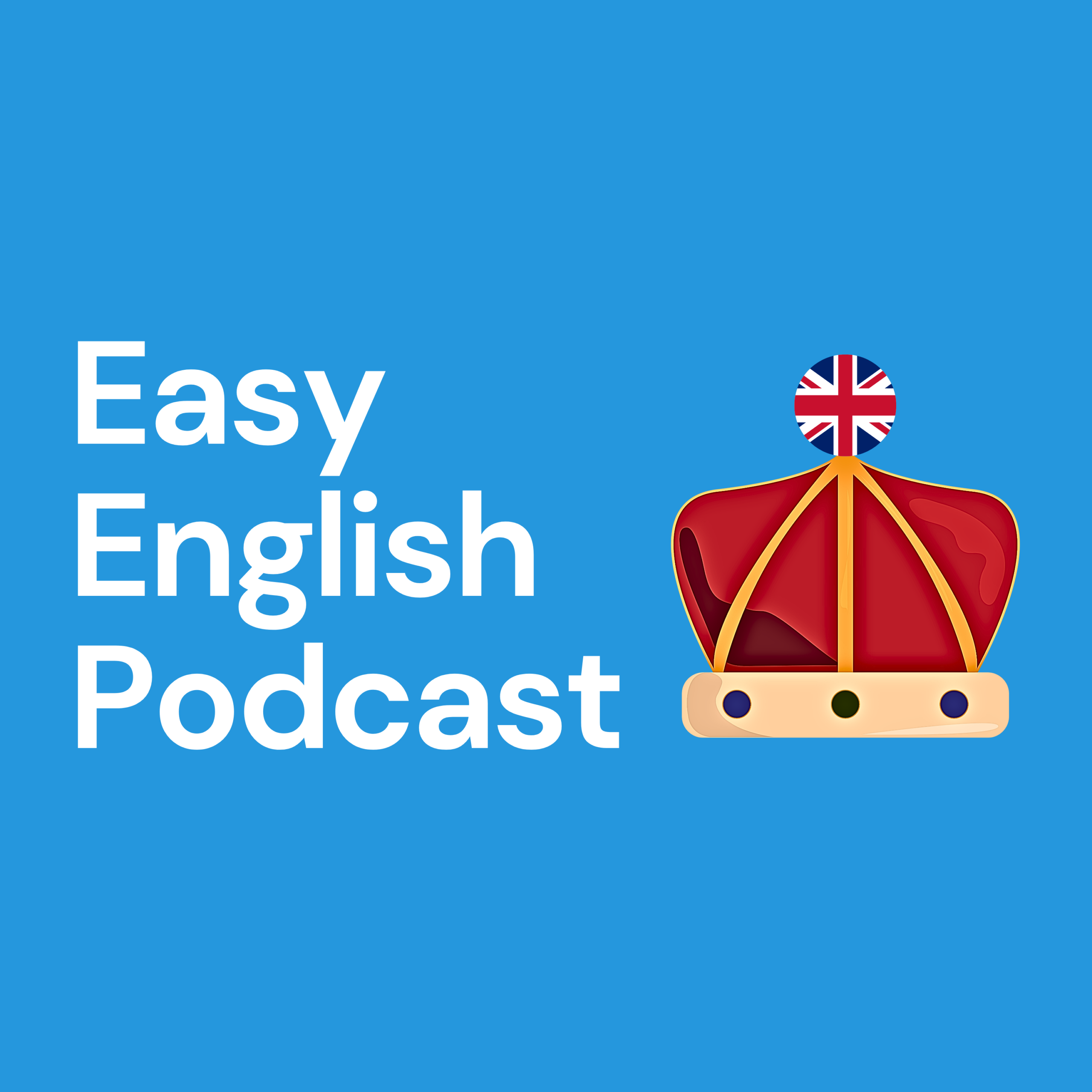
Are You a Morning Person or a Night Owl? Learn English with Sleep Vocabulary!
Have you ever wondered why some people wake up full of energy while others struggle to get out of bed? Do you feel most productive in the morning, or do you come alive at night? In this blog post, we will explore the differences between “morning people” and “night owls” while learning useful English vocabulary related to sleep, energy levels, and daily routines.
Morning People vs. Night Owls: Key Vocabulary
In English, we use the terms “morning person” or “early bird” to describe someone who wakes up early and feels their best in the morning. On the other hand, people who prefer staying up late and feel most awake at night are called “night owls.”
Here are some useful words and phrases to improve your English:
- Exhausted – Very tired (e.g., “I feel exhausted in the morning.”)
- Productive – Getting a lot of work done (e.g., “Morning people are often productive before others wake up.”)
- Circadian rhythm – Your body’s natural sleep-wake cycle (e.g., “My circadian rhythm makes me a night owl.”)
- Social jetlag – When your natural sleep schedule doesn’t match work or school times (e.g., “Waking up early for work gives me social jetlag.”)
Why Are Some People Morning People and Others Night Owls?
You might think that being a morning person or a night owl is just a habit, but science says otherwise! Your circadian rhythm, or internal body clock, plays a big role. This 24-hour cycle controls when you feel sleepy or awake. Interestingly, genetics also determine whether you are naturally a morning or night person.
Age and Sleep Patterns
- Children usually wake up early.
- Teenagers often stay up late and sleep in.
- Adults may shift back to waking up early.
- Older adults tend to wake up even earlier.
If you are a night owl now but used to be a morning person, don’t worry! Sleep patterns can change over time.
Can You Change Your Sleep Schedule?
Yes! If you are a night owl and want to wake up earlier, try these tips:
- Go to bed earlier – Move your bedtime 15 minutes earlier each night.
- Wake up at the same time every day – Even on weekends!
- Get sunlight in the morning – This tells your brain it’s time to wake up.
- Avoid screens before bed – Blue light tricks your brain into thinking it’s still daytime.
English Learning Challenge: Practice Sleep-Related Phrases
To improve your English, try using these new words in sentences. You can:
- Write a short paragraph about your sleep routine.
- Record yourself talking about whether you are a morning person or a night owl.
- Comment below with your answer: Are you a morning person or a night owl?
Final Thoughts
Both morning people and night owls have advantages. Morning people fit better into traditional schedules, while night owls may be more creative. The most important thing is to get enough sleep! Think about your own sleep habits—could a small change make you feel better?
If you enjoyed this post, check out our Easy English Podcast where we talk about interesting topics in simple, clear English! Also, visit EasyEnglishPodcast.com for free learning resources.
And if you’re reading this at 2 AM… maybe it’s time to go to bed! 😆

